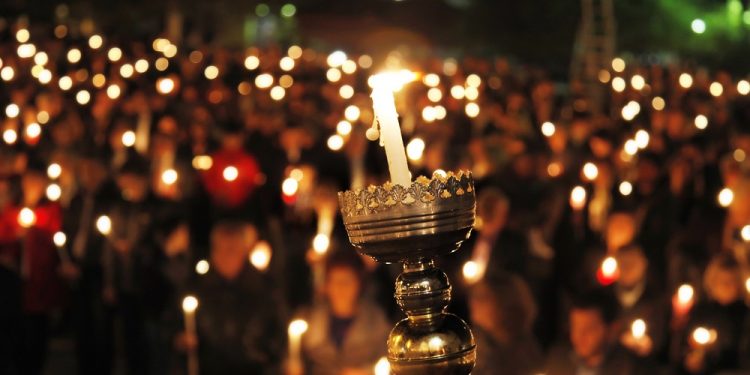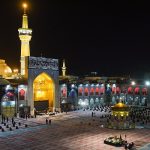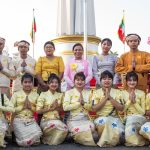
Coptic Holy Saturday
Coptic Holy Saturday is a holiday that occurs the day after Coptic Good Friday and the day before the celebration of Easter in the Coptic Church. Also known as Joyous Saturday, this day celebrates the Harrowing of Hell when Jesus Christ’s body was laid in the tomb after His crucifixion.
In Egypt, this day is a public holiday, which makes it a day off for the general population and a day when many businesses are closed, although some businesses may decide to follow their regular Saturday hours of operation.
This holiday is one of the two most important holidays in Egypt for Christians, the other being Christmas. Because of its significance, it has a number of important traditions associated with it.
The History of Coptic Holy Saturday
During the 4th century, when Egypt became Christian, Holy Saturday became a very important holiday. During this time, there was a Great Fast that was spiritual preparation in the weeks leading up to Easter.
These 40 days of fasting were intended to mirror the 40 days that Jesus spent in the wilderness before beginning His public ministry. During this fast, Coptic Christians observed strict dietary restrictions that included abstaining from eating meat or dairy.
This was accompanied by an increase in meditation, prayer, and charitable acts. At this time, Spring Day was observed during this period, but it was moved to the day after Easter so that people could enjoy the festivities. This is when Holy Saturday gained importance in this tradition.
Observing Coptic Holy Saturday
Holy Saturday, or Easter Eve as it’s sometimes called, has a number of important traditions associated with it. An important tradition is a symbolic reenactment of the Ascension of Christ. This is also known as the Resurrection Play and it shows the gates of heaven closed after the sin of Adam and his expulsion from the Garden of Eden.
The lights are then turned off to symbolize humanity’s descent into darkness before the Advent of Christ. The lights are then turned on, indicating that Christ has risen and was able to once again open the gates of heaven and cleanse humanity from its original sin.
Prayers are then recited in both Arabic and Coptic, and the phrase “Ekhrestos Anesti, Alisos Anesti!” (Christ is risen, truly He is risen!) is repeatedly spoken on that night. On Holy Saturday, they begin their Easter Vigil — also known as the Great Vigil.
Those who can are encouraged to fast completely on Good Friday and Holy Saturday and not break their fast until the end of Mass. However, there are exceptions to the rule that can be made for people with certain medical conditions.
Everyone observing this holiday can spread the word about it online using the hashtag #CopticHolySaturday.








